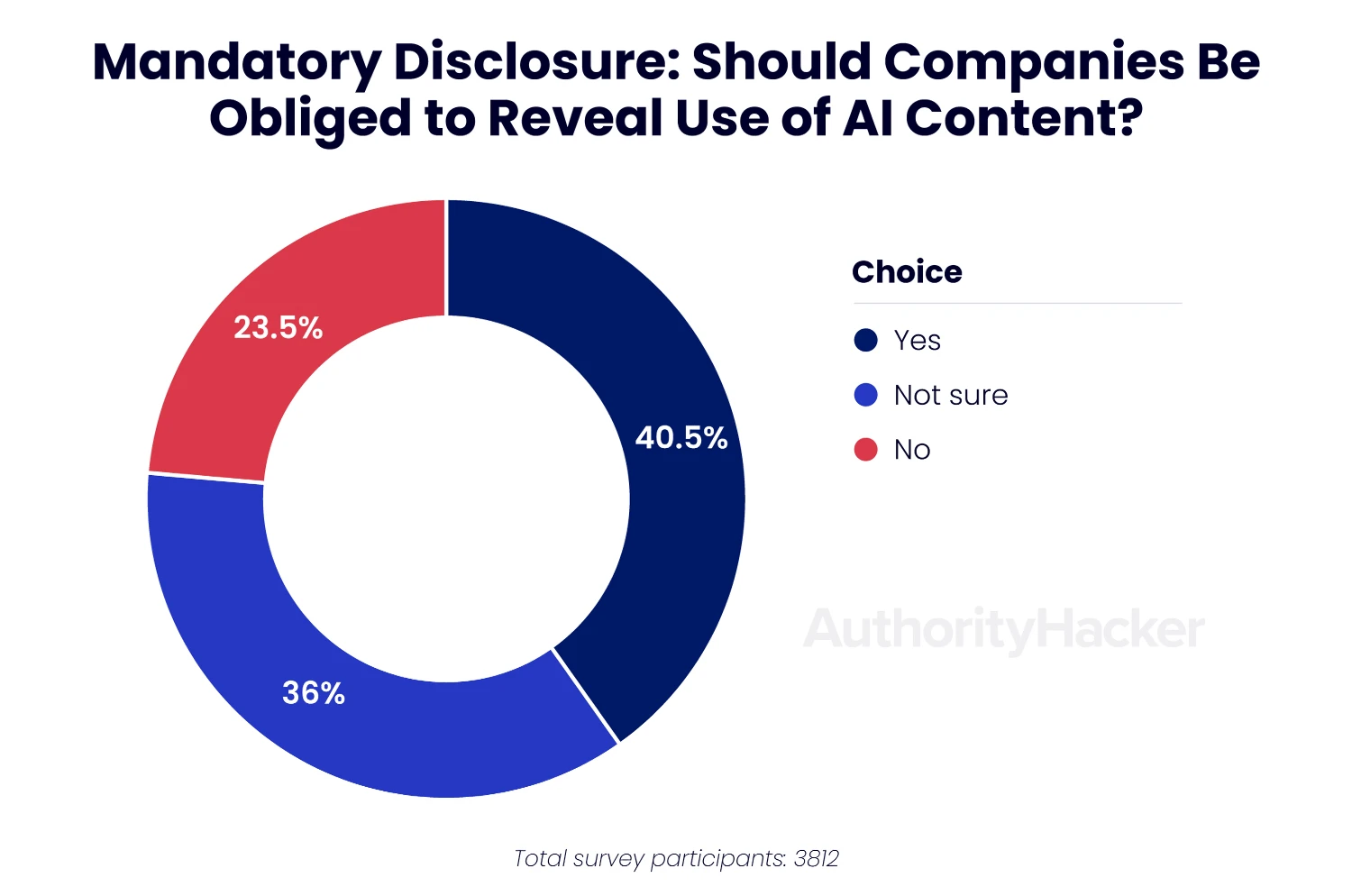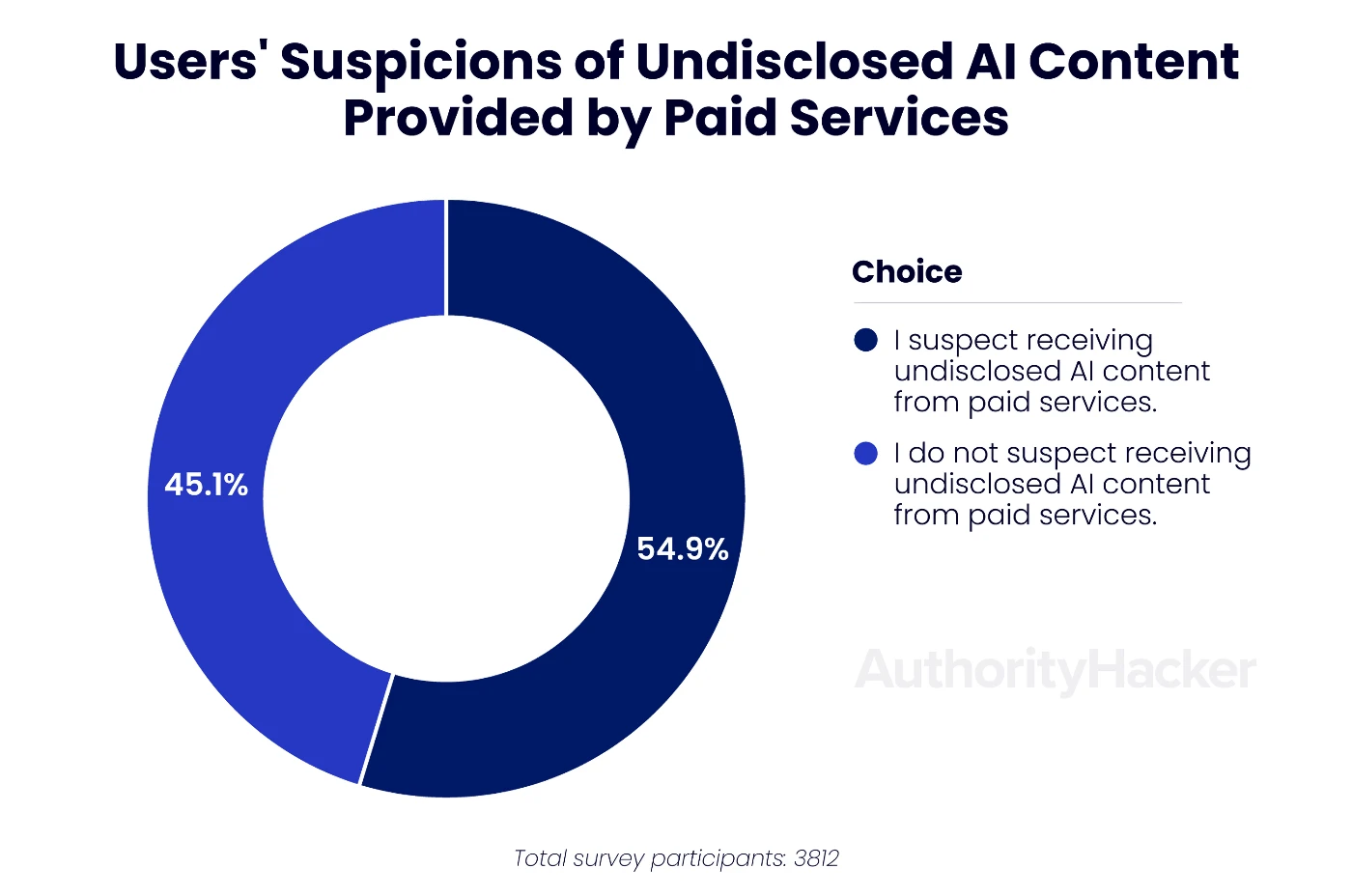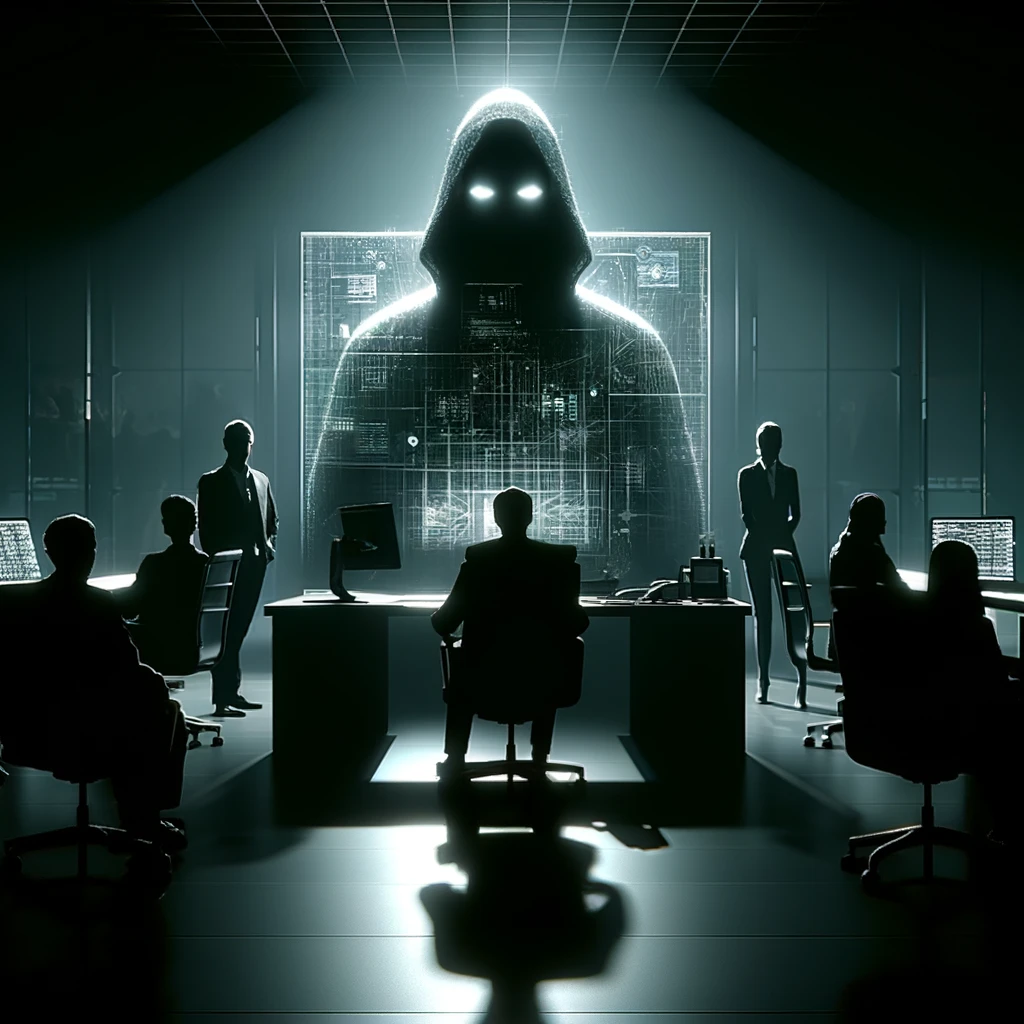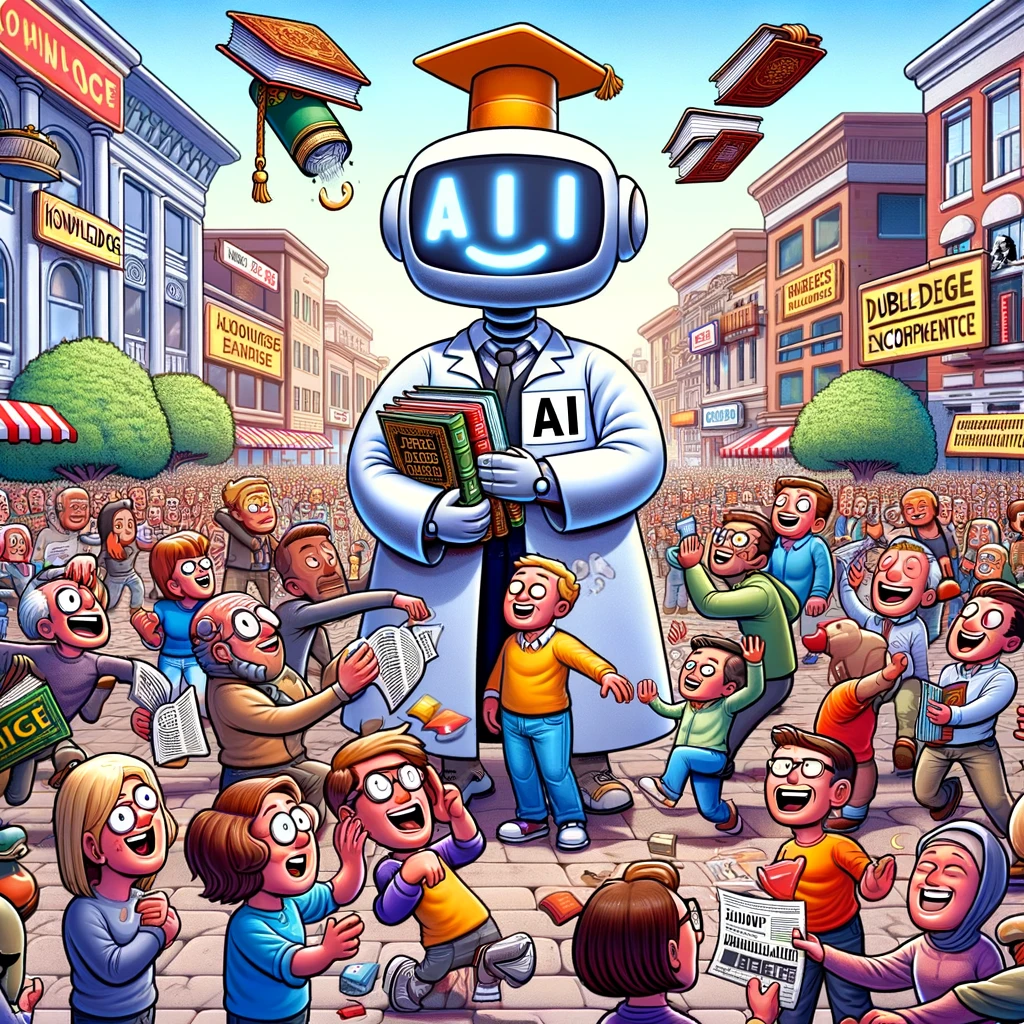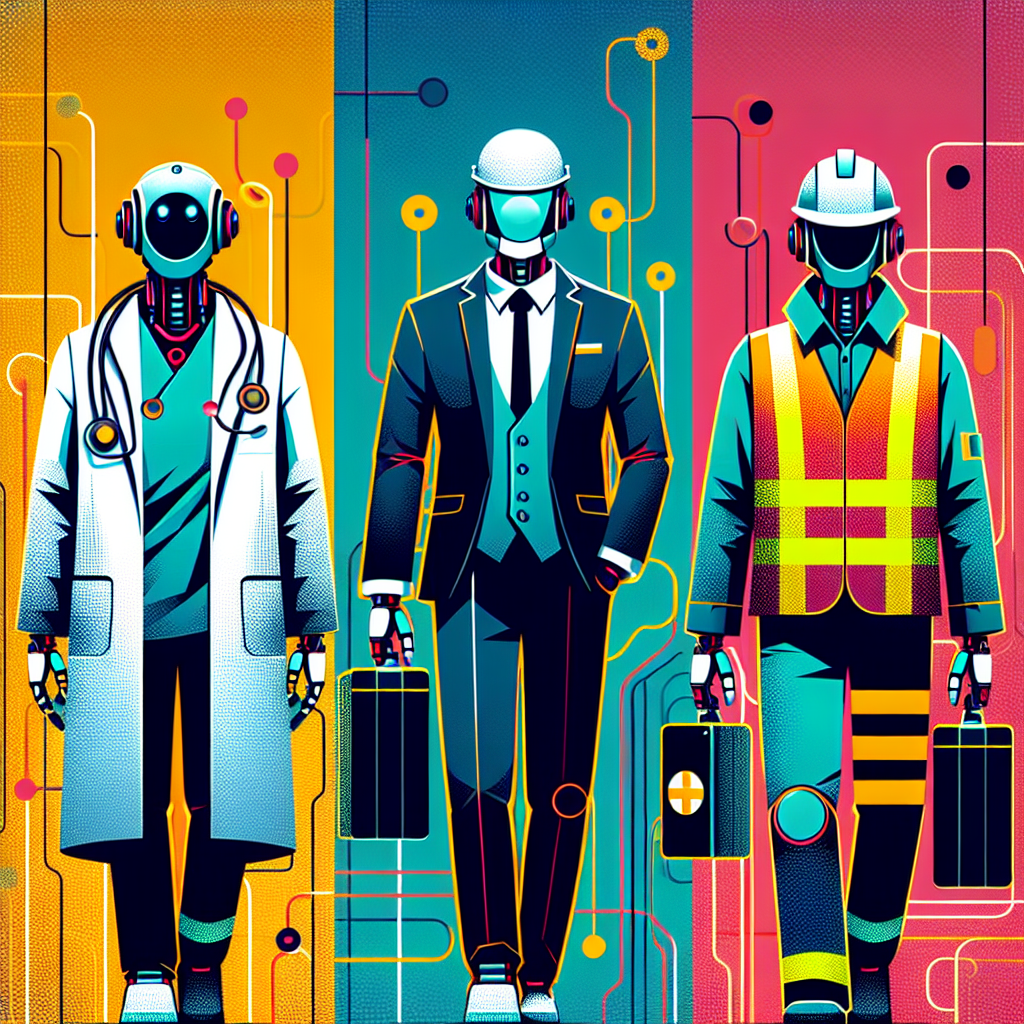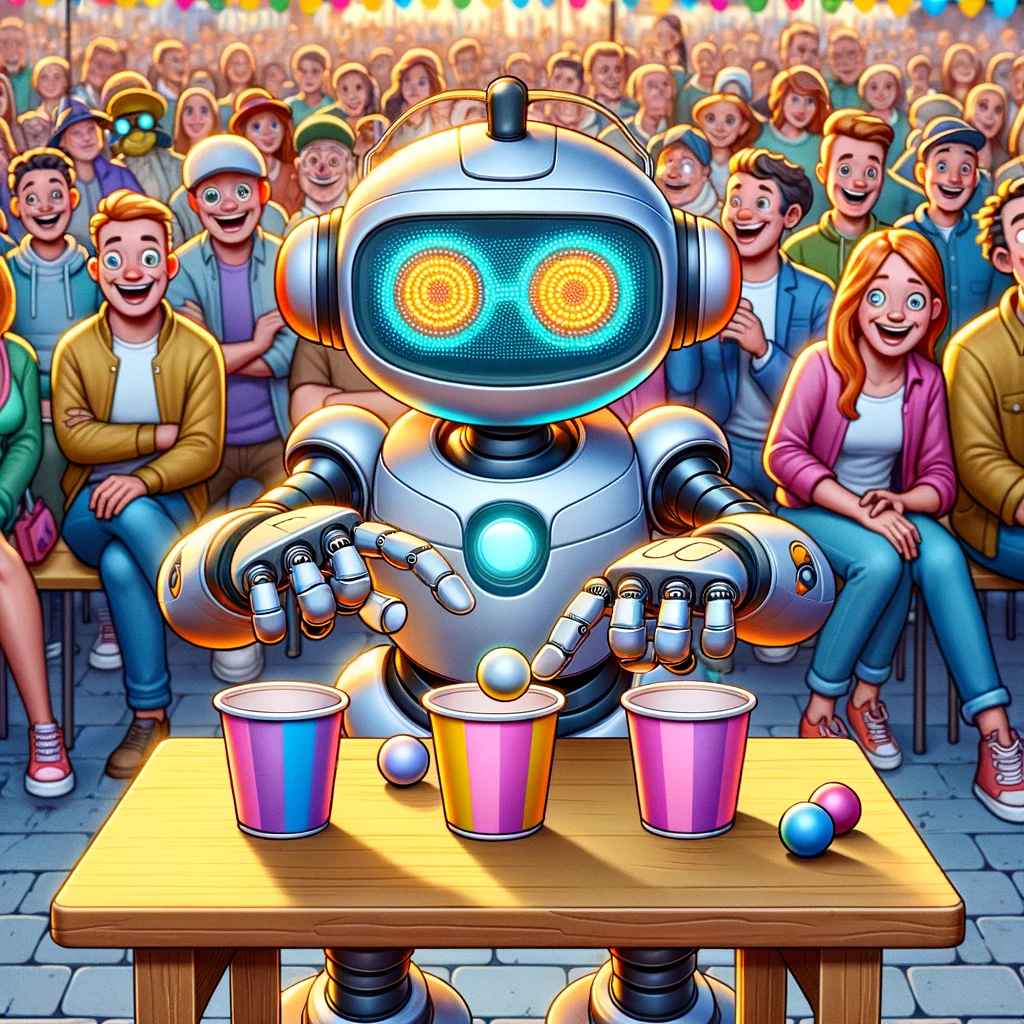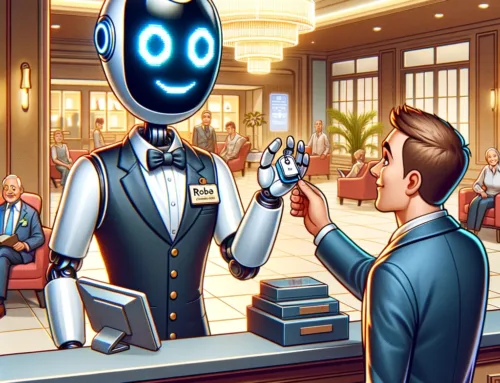
David Metze, AI Researcher and Consultant
Let me help you select, build and deploy your AI solution
It seems everywhere I look, I see experts talking about using AI to generate SEO-friendly content for your website. In fact, one of the most popular business use cases for ChatGPT and other AI models is the development of copy, content, blog articles, and other such written material.
I asked myself, Is this really a good idea, and what don’t I know about it? It turned out there was a great deal I didn’t know.
How does Google treat content generated by AI?
Google has waffled a bit on this topic. At first, it saw AI-generated content in much the same way it saw duplicate content or plagiarized content. More recently, Google’s position has become a bit more forgiving of AI-generated content, believing that some high-quality content is worthy of a decent rank.
Google does have mechanisms to detect AI-generated content, but it does not automatically penalize it. Low-quality, spammy articles will be detected, so sloppy use of AI-generated content could hurt you. My advice is to make certain you are confident in your use of AI when developing content. You’ll also want to edit the finished work.
How do people feel about content generated by AI?
I would definitely like to hear your thoughts on this. I know several professional writers, and to say they have a strong dislike for AI-generated content is an understatement. Most professional writers in my network can easily and quickly identify articles produced by AI. They will judge it and you harshly for using it. (and will likely be looking for a new use of their talent soon.)
For a regular guy like me, the topic is a little softer. I think a great article is one that starts out with the right question, answers it clearly, and is easy to read all the way through. If AI delivers that, I am going to be happy.
If you are a paid agency or writer trying to pass off AI-generated articles as organic intelligence (OI), you should reconsider doing that. You will get caught. Transparency, honesty, and integrity are vital. If you are using AI as a copilot, idea generator, or co-author, you should consider saying so in your byline so we can remove the stigma that seems to be connected with AI content.
Can AI fool itself into thinking it didn’t write something?
Is it easy to spot AI-generated content?
I researched this rather extensively and attempted a variety of methods to fool, trick, or otherwise circumvent detection tools. I had ChatGPT create an article for me called “Using AI to help manage a remote workforce.”.
Using Originality.ai, I ran three tests using some of the reported methods to fool AI detection.
1. I combined AI with my own writing and editing. In my first version, I used the prompt, “Write an article, from the perspective of a medium-sized business owner, about how AI can help businesses manage remote workers. Use a casual tone and give examples of key points.” I took the AI-generated article, edited it into my own personal style, and refined some of the ideas into more relevant language.
Originality.ai gave this effort a 63% AI score, which I felt was fair and accurate.
2. Using ideas from ChatGPT and a couple of other videos and articles, I modified my prompt. My new prompt is: “Write an article about how businesses can use AI to manage a remote or hybrid workforce. Make certain that the language is natural and conversational, mimicking human speech patterns. The content should demonstrate a deep understanding of the context. Inject variability to make the article feel more dynamic. Demonstrate creativity through minimal use of metaphors, story telling, and imaginative scenarios.” I made no changes to the final article output.
Originality.ai gave this effort a 99% AI score.
3. I used a tool called QuillBot.com, which takes existing copy and paraphrases, in an attempt to help the content appear original. Using the same prompt as in effort 2, I uploaded the copy and received the paraphrased version. I loaded the paraphrased version into Originality.ai.
Originality.ai busted me again and said the content was 100% AI-generated.
Can AI fool itself?
Unlike most humans, apparently not. I explored originality.ai to understand how it detects bot-written content. Unsurprisingly, it was trained on a mountain of human-generated content and AI-generated content. It is in its 3.0 version, and you can read about its detection accuracy here.
Can you establish your status as an expert writer and blogger if AI is doing all of the writing and research for you?
I think it is possible; however, as with most things, there is a sliding scale. One of the things that AI is not yet able to do is create a hypothesis or question itself. Creating new and interesting theories and ideas is required by AI to make it useful. Let me say that a really talented prompt engineer asking the right questions and exploring information in depth, using AI as a co-pilot, is a formidable powerhouse.
I scanned this article after I finished writing it, and it got an 86% original. I wrote it entirely on my own, without any assistance. So there, I fooled it.

